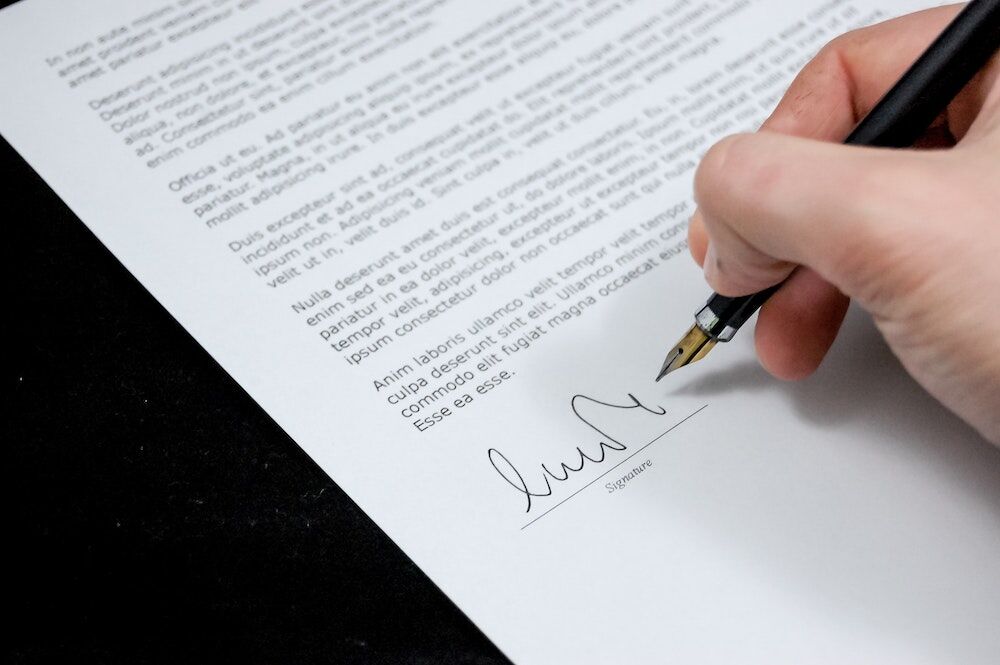Discover the power of recant letters in legal proceedings. Learn what they are, how they’re used, and the legal implications to consider.
Recant letters are a powerful legal tool used to retract or withdraw previously made statements or accusations. In the legal system, recant letters can be used in various contexts, including criminal cases, civil litigation, and administrative proceedings.
This article will provide a comprehensive overview of recant letters, including what they are, how they are used, and what legal implications they may have. By the end of this article, you should have a better understanding of recant letters and how they can be used in different legal situations.
What are Recant Letters?
Recant letters are written statements that retract or withdraw previously made statements or accusations. They are typically used when the writer wants to correct a mistake, clarify a misstatement, or provide context regarding misinformation. Recant letters can be powerful evidence in legal proceedings.
In many cases, recant letters are written by witnesses who have provided out of context or misleading information to law enforcement, prosecutors, or other officials. These witnesses may have been coerced, threatened, confused, mistranslated, or they may have simply made a mistake.
Recant letters can also be used by victims of domestic violence who wish to retract previous statements made against their significant others. In these cases, the victim may have been coerced or intimidated into making statements or may have been unable to accurately depict their recollection of events.
How are Recant Letters Used in Legal Proceedings?
Recant letters can be used in various legal proceedings, including criminal cases, civil litigation, and administrative proceedings. In criminal cases, recant letters may be used to exonerate a defendant who has been wrongly accused of a crime. For example, if a witness has provided false information that led to the defendant’s arrest, a recant letter from the witness may be used to demonstrate the defendant’s innocence.
Recant letters can also be used in civil litigation, particularly in cases involving defamation or libel. If someone has made false or defamatory statements about another person, a recant letter can be used to correct the record and mitigate the damage caused by the false statements.
In administrative proceedings, recant letters may be used to challenge a decision made by a government agency. For example, if a witness provided false information that led to a decision by a government agency, a recant letter from the witness may be used to challenge that decision.
Legal Implications of Recant Letters
Recant letters can have significant legal implications, depending on the circumstances in which they are used. In some cases, recant letters can be used to exonerate a defendant who has been wrongly accused of a crime. In other cases, they may be used to mitigate the damage caused by false or defamatory statements.
However, it is important to note that recant letters are not always admissible in court, and their value as evidence may depend on a variety of factors. For example, if a witness recants their testimony, but the prosecution can demonstrate that the original testimony was truthful, the recantation may not be given much weight.
Additionally, if a witness recants their statement, they may be subject to charges of public mischief or obstruction of justice if it can be proven that they provided false information under oath. However, it is important to consult an experienced Criminal Lawyer with experience in recant letters to determine your options.
It is also important to note that recant letters can have unintended consequences. For example, if an alleged victim of domestic violence recants their statement the accused could have all charges against them withdrawn.
Recant letters are a powerful legal tool that can be used to correct mistakes, clarify misstatements, and mitigate the damage caused by unintentionally misleading statements. However, their use can also have significant legal implications, and their value as evidence may depend on a variety of factors.
If you are considering writing a recant letter or are involved in a legal proceeding that may involve one, it is important to consult with an experienced attorney who can help you navigate the complex legal issues involved and assist you in the drafting process. With the right legal guidance, you can use a recant letter effectively and protect your legal rights.
The material within this website does not constitute legal advice or legal opinion. In addition, De Boyrie Law has made every effort to ensure that the information written on this website is entirely accurate, however, we cannot be held liable for any errors or inconsistencies. All content, original images, and their arrangement herein are protected and owned by De Boyrie Law; Criminal Lawyer Toronto.
Alex De Boyrie is an experienced Criminal Defence Lawyer covering Toronto, and the Greater Toronto Area.
In short, Alex’s experience ranges from working on bail hearings, sexual offences, weapons and firearms, assault charges, drug offences, youth crimes, Impaired Driving, and other criminal offences.

